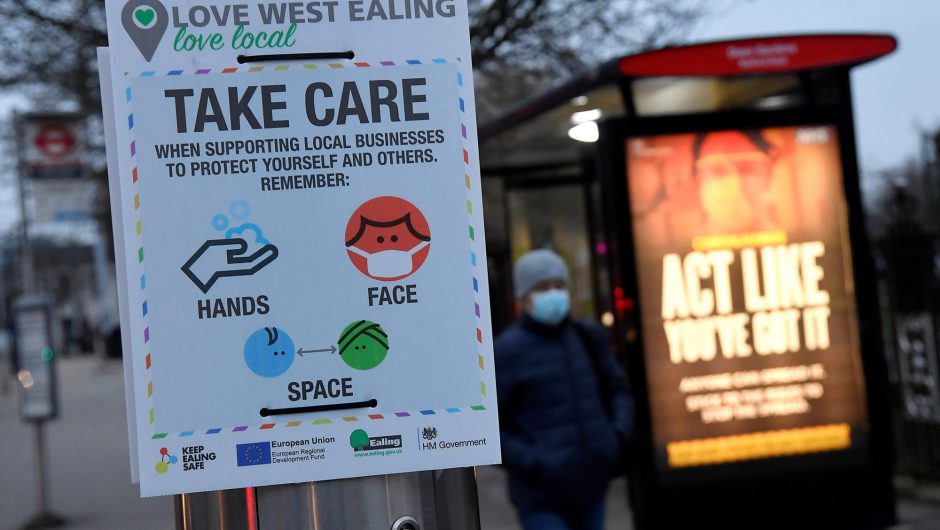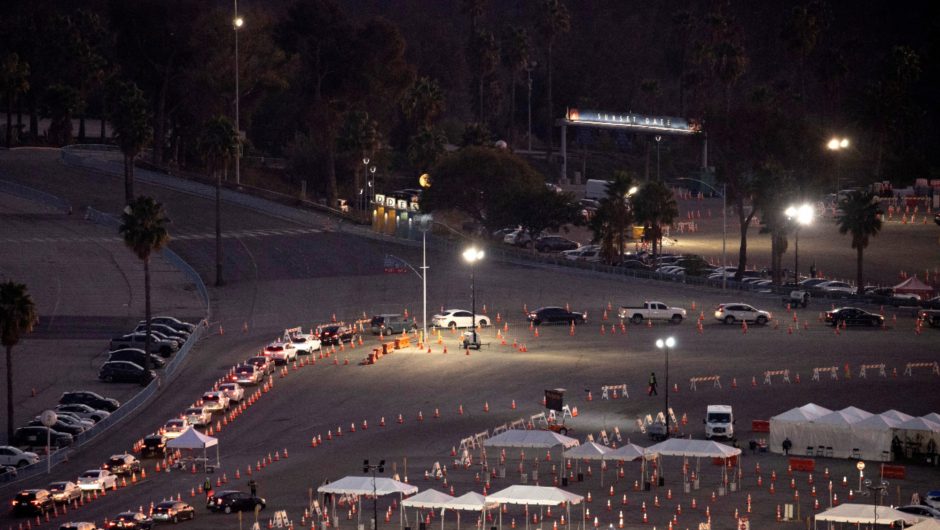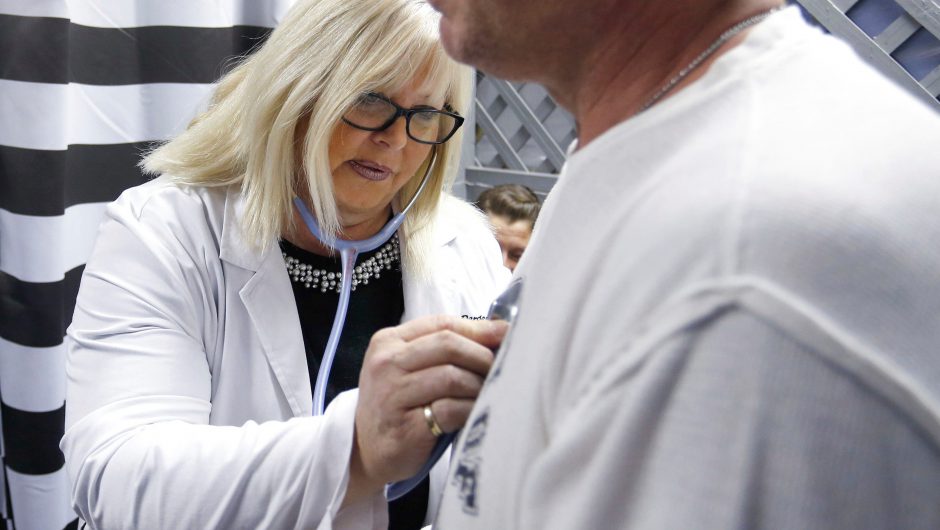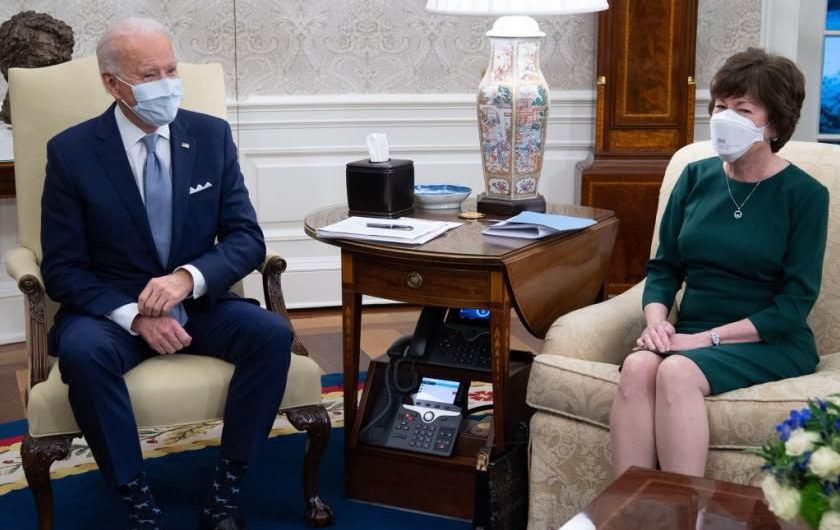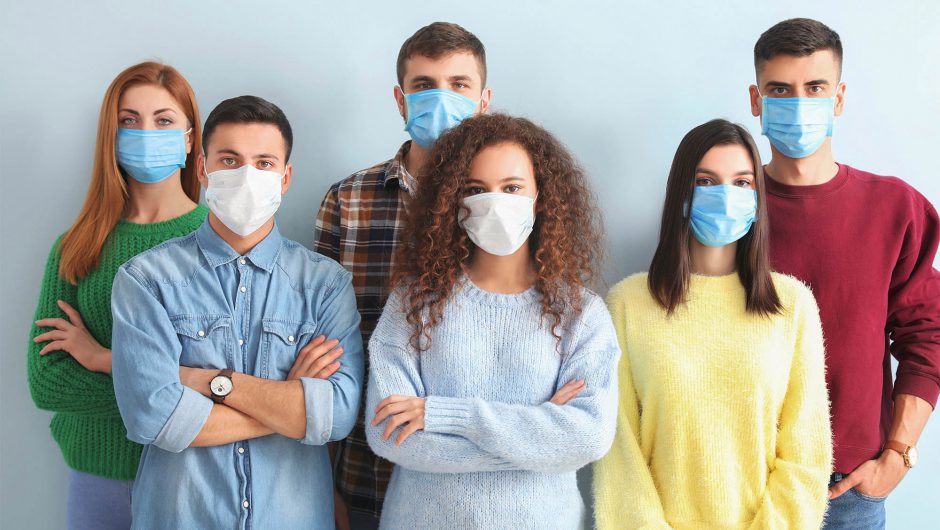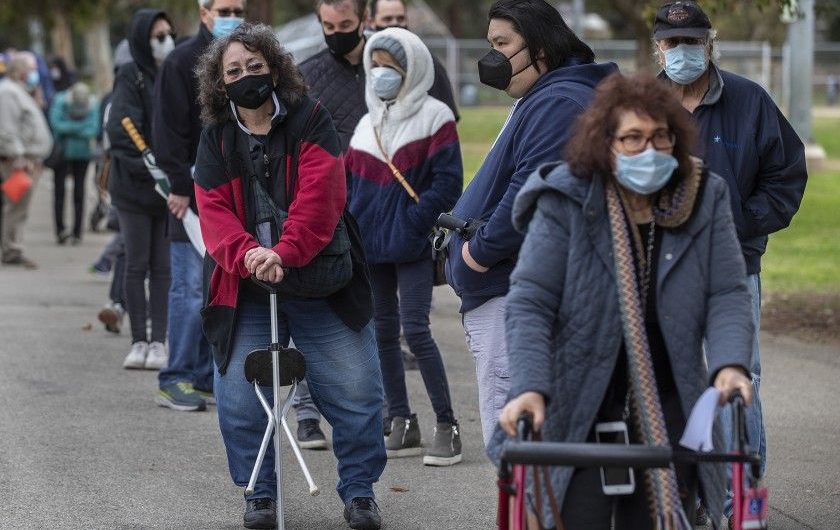[ad_1]
A New York fertility doctor has developed a rapid, noninvasive coronavirus test that can deliver accurate results in 30 minutes or less, according to a preliminary study.
The test, developed by Dr. Zev Williams, a reproductive endocrinologist who runs the Columbia University Fertility Center, uses a person’s saliva to screen for COVID-19.
A small sample of saliva is placed into a tube containing enzymes and a compound that causes a chemical reaction before the tube is then warmed up with a heat block. The liquid in the tube turns yellow when it’s positive for the virus or red when it’s negative.
“We wanted to design a single step test where all the work was being done by enzymes and chemicals rather than cartridges and components,” Williams said, adding that enzymes and chemicals are easy to scale and distribute.
The one-step, rapid test was able to detect as few as one or two copies of the SARs-CoV-2 virus in a microliter of saliva, according to a preliminary study published by Williams on MedRxiv — meaning that it can detect if a person is infected even if they only have a low concentration of the virus.
“Low limits of detection help ensure that you can detect the virus in infected individuals, even if they are asymptomatic,” Williams explained.
The study, which has not been peer-reviewed, also recorded sensitivity of 97 percent and specificity of 100 percent.
Sensitivity refers to the ability of a test to correctly identify infected patients, while specificity is the ability of a test to correctly identify those who are not ill. In this case, when the sample was negative, the saliva test didn’t deliver a false positive result, while when the sample was positive, 97 percent of the time it was correctly detected.
“This test is very, very simple, very fast and is extremely accurate,” said Dr. Henry Ji, chairman and CEO of Sorrento Therapeutics, which has partnered with Columbia University and is licensing the test.
“Currently the accuracy of other tests is not there.”
If the test proves successful in further testing, Williams hopes it can help curb the spread of the contagion by aiding contract tracing.
“When you get the results back quickly it allows you to have the individual be self quarantined so that they’re not spreading it and it also allows you to do contact tracing,” Williams said.
“If you get the results a week later, good luck trying to do contact tracing if they took the subway system once you’ve lost.”
Current COVID-19 testing involves a nasal swab and specialized laboratories and machinery, which slows testing down and has resulted in delays of days, or even weeks, in delivering results.
“The problem is the delay between the time you test and the time you get the results,” said Dr. Alexis Nahama, SVP of regulatory affairs at Sorrento.
“We need to bring the testing to the people versus taking the people’s samples and taking them to the lab because that’s where it breaks apart today.”
Sorrento is conducting a larger study of the saliva test before applying for FDA emergency authorization next month.
The cost per test is expected to be under $15, Williams said.
[ad_2]
Source link



